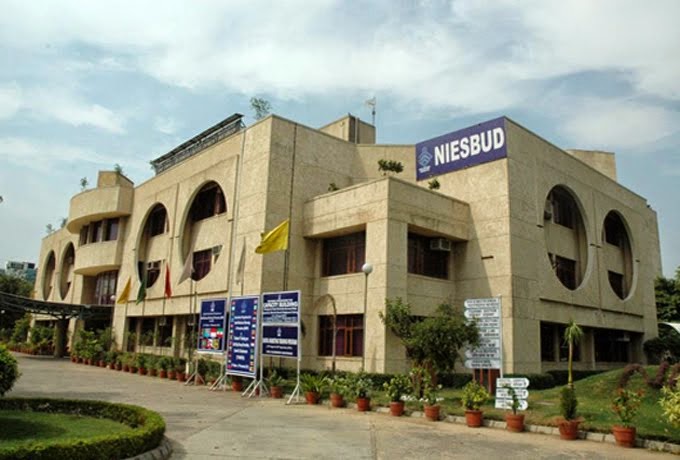Entrepreneurship is not the ideal choice for those who simply want to get by in life (survive); entrepreneurship is the ideal choice for those who want to live life according to their own terms and therefore will demand more from life in order to get what they really want (significance). Entrepreneurship is not for those who take what they are given in life and in self pity call it their fate, NO! Entrepreneurship is for those who take what they are given in life and rather than accept it as their fate, go all out using what they have been given to get what they really want. Entrepreneurship is about using your life to do what you really love and truly care about –passion. It’s not about submitting to the status quo (enjoying comfortability); it’s about challenging the status quo (creating change). A true entrepreneur at their very core is a renegade; someone who is bent on creating change even though it means going against the norm. Does this sound like you?
Survival (making a living) is not the goal of entrepreneurship but rather significance (making a difference)…..
3 Reasons – Why it’s perfect time to be an Entrepreneur
Never in our collective lifetimes has it been better to be a start up. Coming out of the economic disaster a few years ago, it became clear that recovery would be on the shoulders of small business. Entrepreneurs are truly the backbone of our economy, way of life and the American dream. We've got a perfect storm happening that is making the success of start ups much more tangible. Here are three reasons why it's the perfect time to be starting your own business:
1. Young and old -- everyone's on board. The generation gap is alive and well, and it's serving the entrepreneur. Baby boomers are recreating their careers hand-over-fist, while the far younger millennial are rejecting traditional career paths in pursuit of something more personal and meaningful. The result is a constant flow of fresh thinking, start up ideas, and talent to make them all happen.
2. You don't have to do it alone. While many say the internet has made location irrelevant, I'd disagree. Perhaps geographic location -- as in what city you live in -- is no longer relevant, when it comes to setting up shop, everyone still needs a place to work. That's why we are seeing really cool new office spaces for start ups pop up in major entrepreneurial cities. Places like Capital Factory in Austin or Alley NYC in New York offer entrepreneurs a place to hang their hat, connect with other small businesses and add some form of infrastructure to their company. These hot new places have become a way for start ups to share resources and ideas, hopefully propelling their businesses forward in a location that will help their success.
3. There's no end to marketing opportunities. Social media is a complex place for the entrepreneur, but if you make the effort to get you and your company name out there, you'll reap a wealth of benefits. For those start ups looking for help in managing and navigating the world of social media, companies like Rallyverse that has made it easy to create and post content on LinkedIn, for example, can help simplify the task.
For any query please visit the link given below

